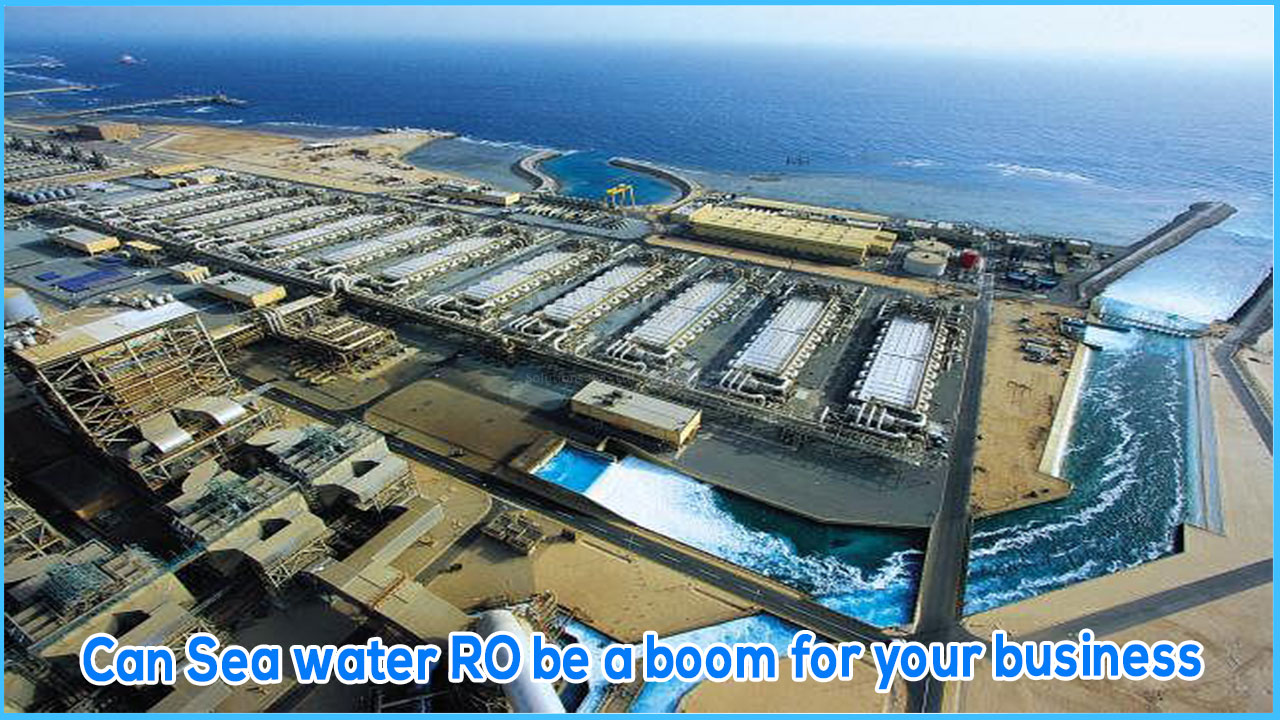If only humans can drink seawater without dying, we will not be in a water crisis!
To avoid health issues, you must first boil salt water to collect pure vapours or get yourself a gorgeous membrane that filters all salt.
Desalination plants usually fall into: heat and membrane.
In thermal, seawater is sucked in and heated to obtain pure steam, and the remaining salt water is returned to the sea. Membranes push seawater at high pressure through a series of filters that remove all salt and other contaminants.
Thermal process is a fairly archaic method. Prior to the 1980s, 84% of desalinated water went through this process. However, since the beginning of the new millennium, a special type of membrane technology, reverse osmosis (abbreviated as RO), has become exponentially widespread. RO systems today produce 69% of the world's desalinated water.
Why RO?
RO is cheaper and more efficient. Advances in membrane technology means that the system requires less and less pressure to filter seawater, and thus less energy. As an additional benefit, RO produces less brine. Under thermal conditions, 75% of the water brought in can be left as salt water. With RO, wastewater can be obtained from over 50-50 freshwaters.
This is an important consideration as not all desalination plants treat seawater. It treats brackish (i.e., slightly salty) water from aquifers and rivers for drinking or industrial or agricultural use. They are inherently more efficient than coastal facilities that treat seawater.
This is one of the reasons why coastal facilities in the Middle East and North Africa produce an amazing proportion of desalination brine in the world. A total of 173 countries and territories have desalination plants in operation, according to a new study, but Saudi Arabia, United Arab Emirates, Kuwait, and Qatar produce 55% of the world's desalination brine. Therefore, especially in the Middle East, the network of thermal desalination plants is so well developed that these plants that produce large amounts of brine still exist.
Countries in the Middle East need these energies. You can afford to continue what you want. They are full of oil money but run short of water resources. However, desalination is becoming an increasingly attractive option as populations grow elsewhere in the world and climate change is causing droughts.
Desalination has surged recently.For example, Cape Town rushed to a temporary RO plant last year so that the city doesn't die in the midst of a terrible drought. RO, be commercial, residential or commercial is booming businesses all over the world.




